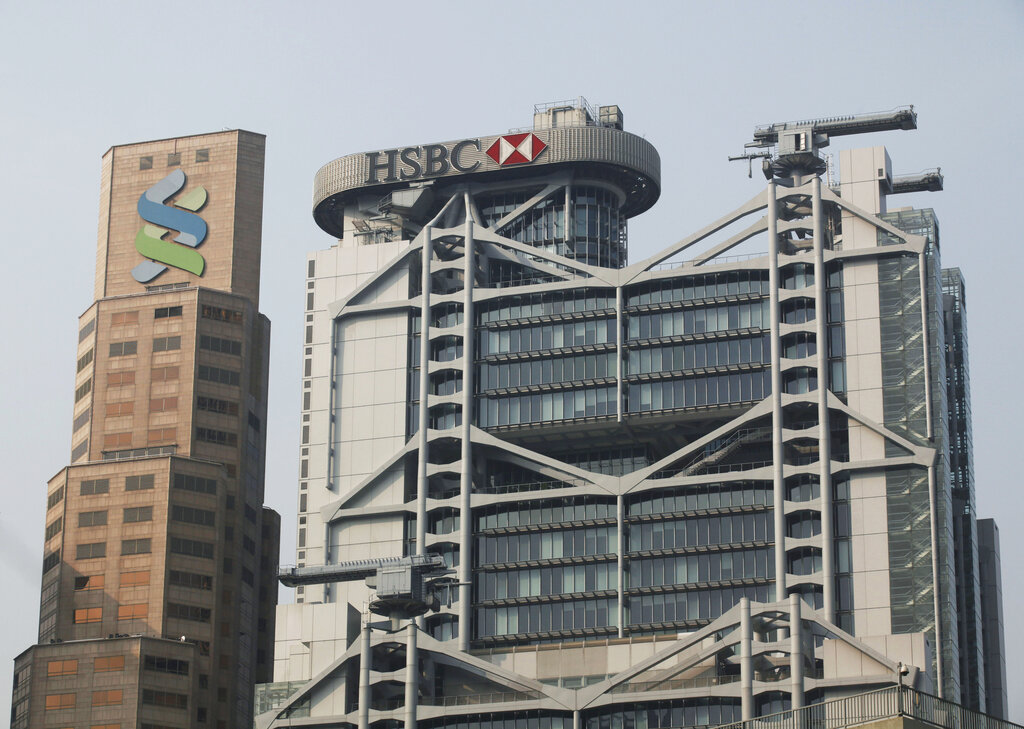
Liz Truss was confirmed as the United Kingdom's prime minister at a time when the economic headlines are grim. So, she has many burning issues to deal with, including the Bank of England's forecast of a prolonged recession lasting 15 months and 13% inflation.
Full In-Tray for Truss
Economists are also wary of the new prime minister's tax-cutting plans, which tend to come with inflationary impacts and may risk “materially worse outcomes” on the pound sterling. Extending the depreciation since the 2016 EU referendum result, the British pound has softened against the greenback to levels not seen in 37 years. One pound was equivalent to USD 1.39 in September 2021 and is now worth USD 1.15.
Recession and a weak sterling both have implications for businesses. Within the UK equity market, a depreciating pound sterling would be a boon for UK companies generating substantial earnings from overseas, thanks to a positive currency translation benefit. Only around 27% of revenues in the FTSE All-Share Index are sourced domestically from the UK, with well over 70% collected from global markets. With the broad market down for the year to date, quality discounted names that have strong cash-generation abilities abound.
On the flip side, domestic companies that heavily rely on external supplies will see input costs rise to pressure profit margins. Similarly, the currency moves may play out unfavorably in foreign businesses with a strong UK presence. For example, Morningstar's director of media and telecom equity research Mike Hodel recently pointed out that Netflix (NFLX) increased the price of its standard offering in the UK by 10%. Yet, with the pound's weakness this year, Netflix's reported that revenue per UK customer, in US dollars, will decline around 4% during the third quarter.
Hong Kong Companies With a Heavy UK Presence
For a company, the impacts of foreign-exchange moves could depend on several factors, such as the revenue source by geography, the currency in which the earnings are reported, and the management of treasury and debt.
Even with the same level of country exposure, some companies are more sensitive to changing foreign-exchange rates. For example, a company uses different currencies for revenue and cost, especially those where revenues are fixed but costs are variable. Limited room to change the pricing of products or services would exacerbate the impacts.
Across our coverage, we found four Hong Kong blue chips with heavy UK (and European) exposure. Last year, HSBC (00005) derived 40% of its income from the UK and broader European region, second only to its Asia business. Standard Chartered's (02888) business in Europe and the Americas accounted for 14% of its total revenue. Both lenders report earnings in US dollars.
Conglomerate CK Hutchison (00001) derived almost 60% of its EBITDA from its European and UK divisions, while its CK Infrastructure (01038) arm collected more than one third of the group’s net profit from its UK infrastructure portfolio in 2021. The reporting currency for the CK family is in Hong Kong dollar, which is pegged to the US dollar at designated rates.
Reflecting Foreign-Currency Moves on Valuation
In our valuation methodology, foreign-currency effects are considered to be largely one-time in nature. As such, the impact typically does not result in a significant change to our intrinsic valuation. The condition that triggers a valuation revision would be that the shift in the foreign-exchange rates leads to a change in the underlying business dynamics. CK Infrastructure is one example.
In the company's latest interim report, chairman Victor Li notes: "Brexit has created significant uncertainty about the new economic and social partnership between the UK and the EU and has impacted labor availability, supply chain, and exchange rates. A significant and prolonged depreciation of the British pound may affect the group's reported profit and its ability to maintain future growth of dividends for shareholders." According to CK Infrastructure's currency-sensitivity analysis, depreciation of the pound sterling and euro by 5% would result in profit decreases of HKD 79 million and HKD 18 million, respectively. Their bottom line totaled HKD 7.5 billion in 2021.
Morningstar regional director Lorraine Tan says: "Profit estimates for CK Infrastructure are lowered by 4% to 5% for 2023-26 to reflect stronger currency headwinds, leading to a reduction in our fair value estimate to HKD 61 per share from HKD 62." However, outside of the currency factors, CK Infrastructure continues to stand out with a sturdy portfolio of projects in the U.K. and other developed economies. Undervalued at present, the 5-star-rated stock is a solid dividend payer. “We continue to like CKI and see continued growth in its dividends by 1% to 2% annually," Tan adds. At its latest close of HKD 45.1, CKI was yielding 5.6%.
CKI's parent CK Hutchison also had its fair value estimate trimmed, to HKD 75 from HKD 78, as soaring inflation and keen competition in the telecommunications and retail space eat into near-term margins.












.png)






.jpg)





